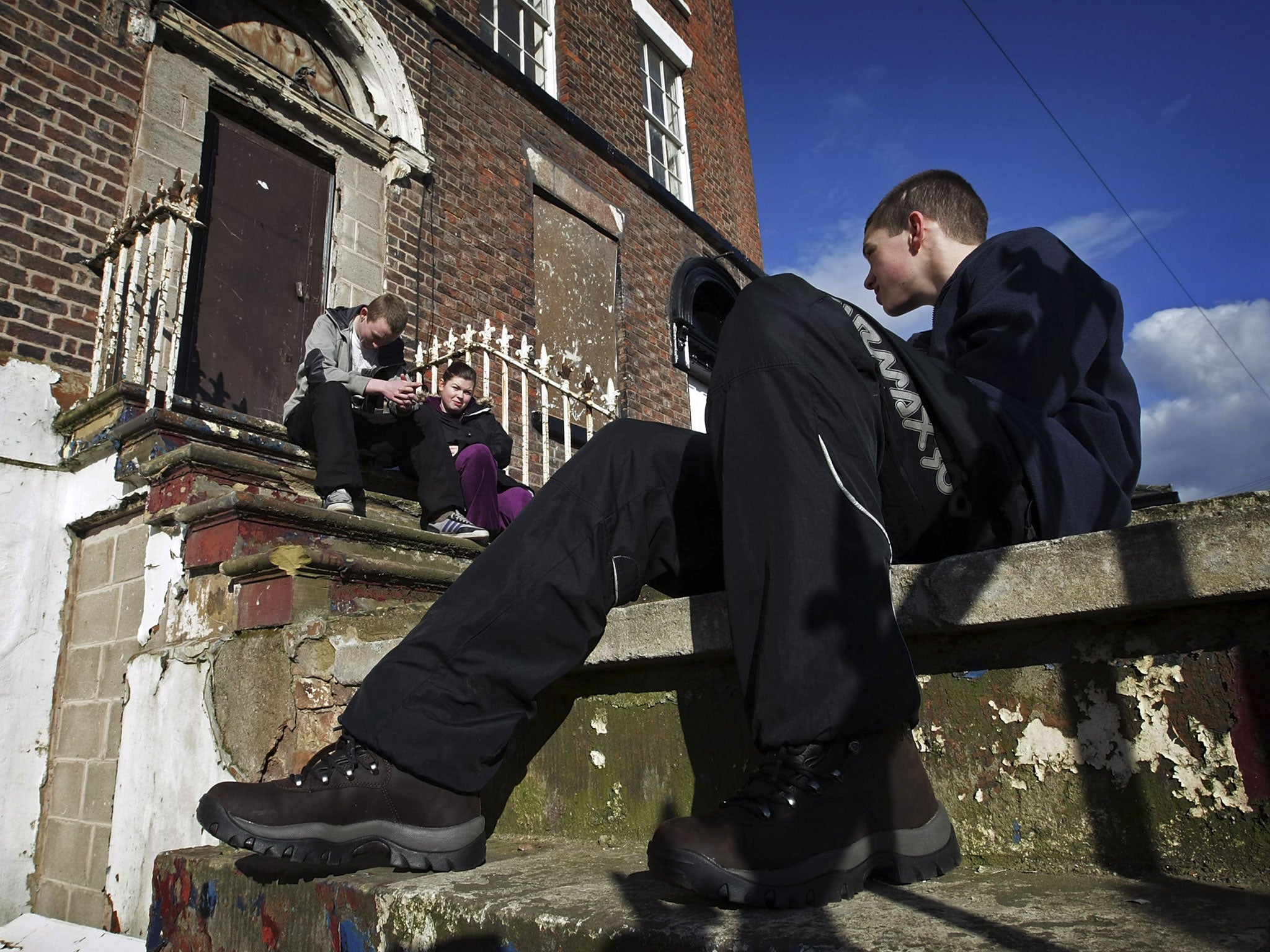An extra year in school would be great for the poorest pupils - if only they could afford it
The Government will soon require young people to stay in education until they’re seventeen, but there are no plans to increase the already insufficient Bursary Fund

When schools break for summer this week, every Year 11 (fifth form) pupil who walks out of the classroom will, for the first time, be expected to walk back in when the next term starts. From September, young people will be required to stay in education or training until they’re seventeen - eighteen from 2015.
The Raising of the Participation Age (RPA) gives the Government a landmark opportunity to improve the life chances of disadvantaged young people. Whether it grasps or squanders this chance rests, in part, on how far it supports the poorest children to continue.
The reality is that young people do not go through school on a level playing field. Their ability to achieve and succeed is strongly linked to the income of the family they are born into. The children we work with at Barnardo's have often fallen behind at school, not achieved good exam results and are not motivated by traditional education, leading to an increased risk they’ll be unemployed or take ‘dead end’ jobs when they leave school. Handled well, the RPA could present a huge step forward for these most vulnerable youngsters.
Crucially, the measure classes vocational training and apprenticeships as ‘learning’, of equal value (in this context) as academic study. It allows young people to be employed too, if they’re also in recognised training. This acknowledgement paves the way for the UK to develop a world class skills training that will give some of the most marginalised young people - who are least likely to take up school-based education - a real chance to gain the skills they need for quality life-long employment.
However, it’s a sad fact that some of these youngsters may go from NEET to truant as they simply cannot afford to continue in education or training, and the reasons for this are worth revisiting. In 2010, the government scrapped the £560 million Educational Maintenance Allowance (EMA) and replaced it with a £180 million discretionary Bursary Fund a third of the size.
The poorest young people we work with reported that the EMA grant, which provided them with up to £30 a week to cover the basic cost of studying and training, was what enabled them to stay in education. Students whose families expected them to start bringing home a wage were able to pursue education and contribute to the family income. The money also enabled some to go to college where lunches aren’t free instead of having to choose an inappropriate course at school, where free meals are available.
Following the demise of the EMA and introduction of the Bursary Fund Barnardo’s was one of the first to report on the deeply worrying impact the scheme was having. We spoke to young people who were making choices between eating lunch and catching a bus to college. Others who were struggling to cover the cost of course equipment. And also the pressure that schools and colleges found themselves under in having to administer this new scheme with almost no guidance - and minimal cash - to do it with.
This pot is going to have even more demand on it with the introduction of RPA and yet a recent Government consultation on the Bursary gives no indication that there will be any increase in funding. Nor does it set out plans to increase the most vulnerable student’s grants in line with inflation, or to help struggling institutions administer funding. The consultation does however propose giving funding to any young person who receives the Pupil Premium. While on the surface this appears well meaning, without additional resource it risks doubling the number of student jostling for the already inadequate pot, leaving them an average £2.20 per day per head (based on five day week) – barely enough for a lunch let alone books.
Ultimately, plans that increase access to further education without addressing the crisis in hardship funding, will not only fail our poorest young people but also our economy.

Join our commenting forum
Join thought-provoking conversations, follow other Independent readers and see their replies